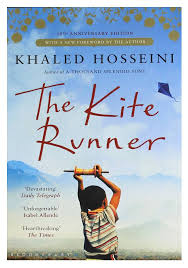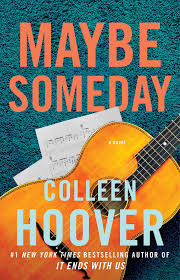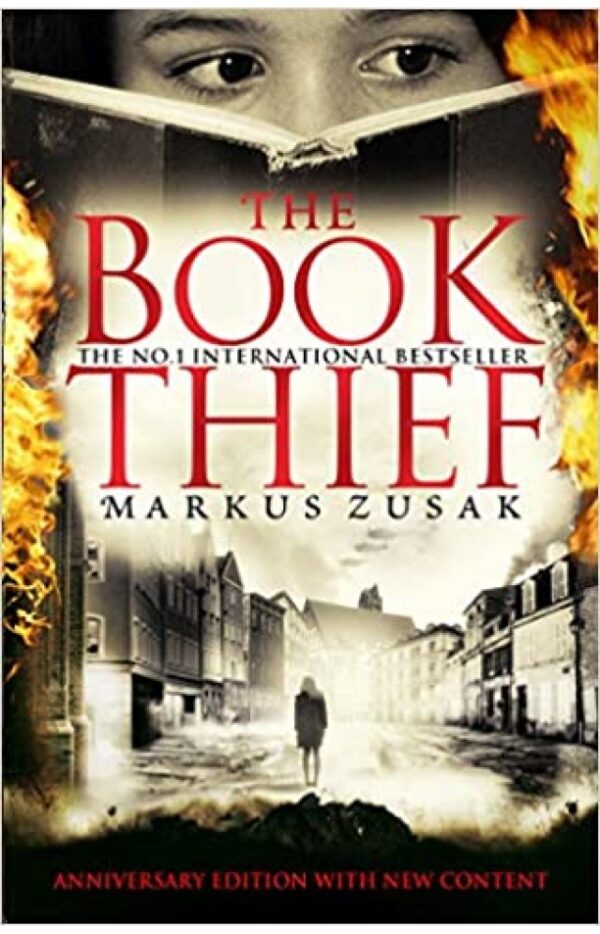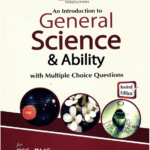Description
Hings Fall Apart is a novel set within a pre-colonial Nigeria follows the life of a respected leader and warrior of the Igbo community, Okonkwo, in the fictional village of Umuofia. Traditional Igbo society, its customs, and ways are discussed in the context of European colonization upon indigenous cultures.
Okonkwo intends to overcome the legacy of a father considered feeble and unsuccessful. However, the pursuit of success and manliness has brought personal as well as familial strife and tension. New British colonialism and Christian missions bring many changes to Umuofia, along with resultant conflicts of traditional beliefs in juxtaposition to the new ideology.
Tragedy is introduced in such a way that it does not define the character of Okonkwo at any time; exile from his village, loss of personal things, and dissolving of a community way of life.
Important Characters:
Okonkwo: The main protagonist is a proud and ambitious warrior and the standard-bearer of traditional masculinity.
Nwoye: Okonkwo’s eldest son who fights with his father’s expectations and later becomes a Christian.
Ekwefi: Okonkwo’s wife and the mother of his beloved daughter, Ezinma.
Ezinma: Okonkwo’s favorite child and one that showcases the qualities he abhors.
Themes:
Tradition vs. Change: The novel explores the tension between old Igbo culture and the pressure of colonization and Christianity.
Masculinity and Identity: Okonkwo’s compulsion to be masculine causes both personal and home conflict, which outline the greater social standards.
Fate and Free Will: The novel studies the competition between personal volition and the move of fate and social transformation.
Significance:
Things Fall Apart is considered one of the most influential African novels. It epitomizes African literature with a sensitive presentation of Igbo society in the setting of colonialism. Achebe’s style and richness in developing characters wipe off stereotypes and voice African parables in literature. The novel has been widely studied and interpreted on themes of cultural conflict and identity.










Reviews
There are no reviews yet.